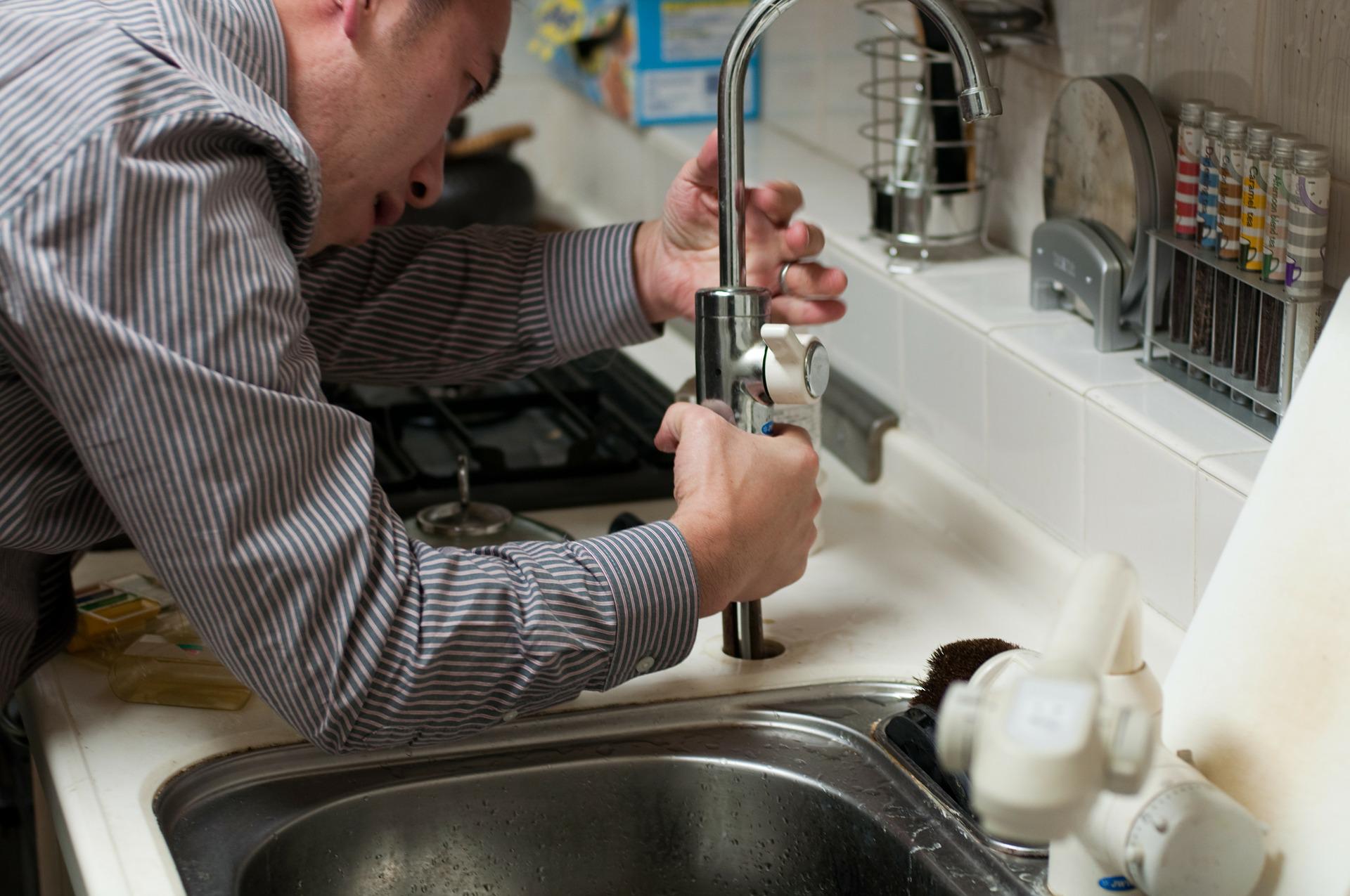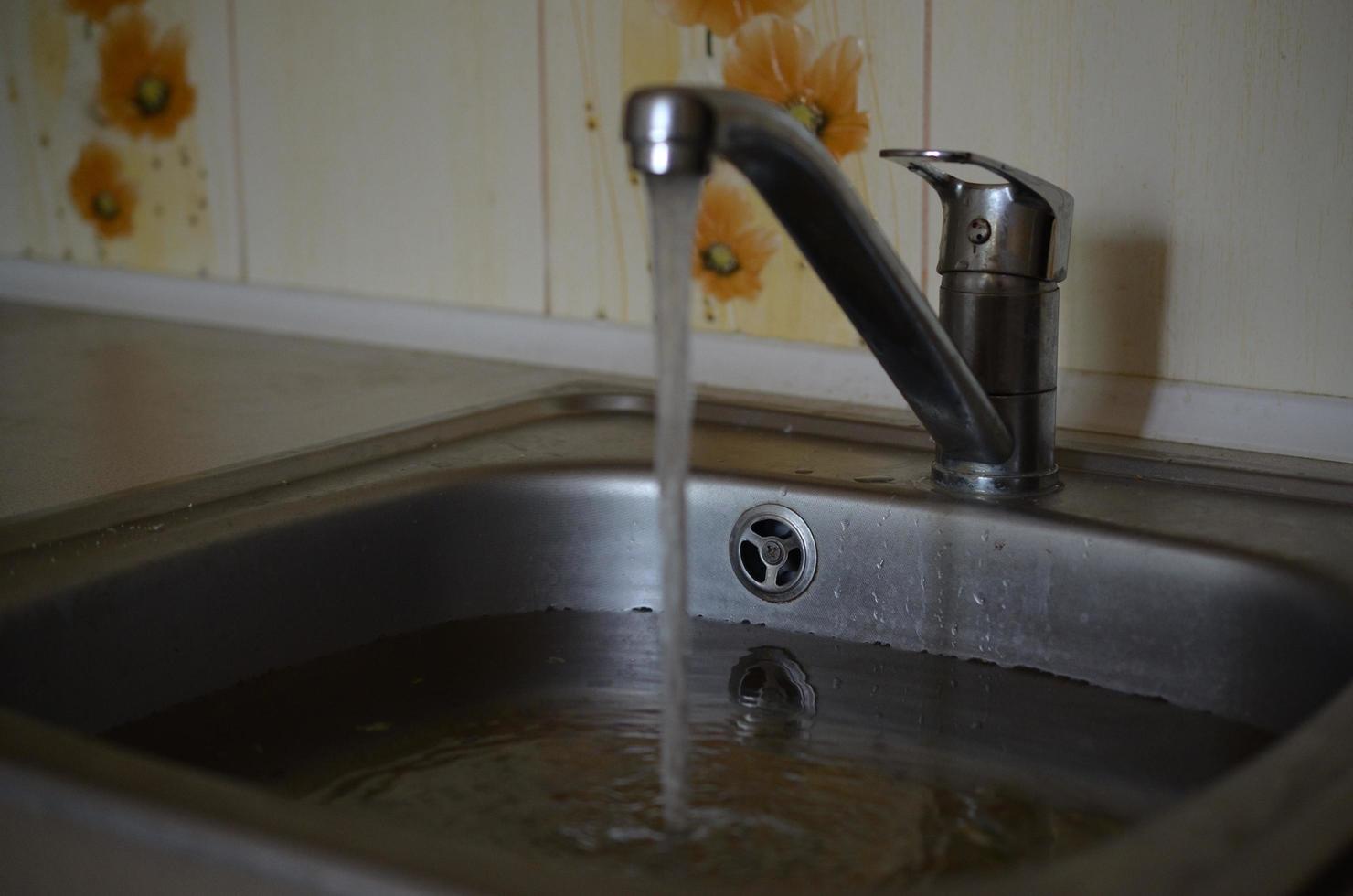Best Tips For Addressing A Slow-Draining Sink Fast
Best Tips For Addressing A Slow-Draining Sink Fast
Blog Article
What are your concepts on 7 Ways To Fix A Slow-Draining Sink Before You Call A Plumber?

Introduction
We have actually all existed: You're brushing your teeth or washing your hands, and you observe the water merging in the sink. Instead of quickly swirling down the drain, it remains, turning your once-refreshing morning routine into a mini overload scene. A slow-draining sink isn't simply bothersome; it's frequently an indicator of larger plumbing concerns prowling below the surface area. The good news is that most slow-draining sinks can be repaired with a little knowledge, a couple of standard tools, and some patience. Prepared to tackle this job head-on? Allow's roll up our sleeves and dive right in.
Comprehending the Root Causes Of a Slow-Draining Sink
Prior to you begin poking around in your pipes, it assists to understand what might be causing the stagnation. Recognizing the origin makes it less complicated to select the best fix.
Tools and Materials You'll Require
The right tools make all the distinction. Fortunately, you won't need a totally stocked plumbing technician's van to get the job done.
Step-by-Step Guide to Fixing a Slow-Draining Sink
Now, allow's get involved in the nitty-gritty. This step-by-step procedure will lead you via straightforward strategies to restore your sink's drain.
Step 1: Get Rid Of and Clean the Stopper
Often, the stopper (that little plug you push down to block water) is the initial culprit. Remove it meticulously and wipe any kind of hair or crud trapped around its base. Rinse it thoroughly before putting it back in place.
Step 2: Utilize a Plunger to Remove Debris
Got that plunger ready? Position it over the drain and offer it a couple of company pumps. The concept is to produce suction that can loosen any type of blockage. If you see bits of particles floating up, you're on the right track.
Step 3: Try a Drain Snake or Cord Wall Mount
If the bettor does not work, it's time to draw out the drainpipe snake. Gently feed it right into the drain and spin as you go. You may feel some resistance-- that's most likely the obstruction. Keep twisting and pulling till you eliminate the obstruction. If you don't have a drainpipe serpent, a corrected cable hanger can operate in a pinch.
Tip 4: Apply a Do It Yourself Drain Cleanser
A natural cleaner made from baking soft drink and vinegar can break down recurring grime. Pour half a mug of baking soft drink right into the drain, adhered to by half a cup of vinegar. Let it fizz for about 15 mins, after that flush with warm water. This chain reaction typically does marvels for minor blockages.
Tip 5: Reassemble and Evaluate the Sink
Put whatever back with each other and run the tap. Does the water currently swirl away at a commendable rate? If yes, provide on your own a pat on the back. If not, don't despair-- there are still a couple of even more tricks up your sleeve.
Vital Tools for DIY Fixes
A plunger is your go-to beginning factor. A small, sink-sized plunger develops suction that can displace small clogs. For even more consistent clogs, a drainpipe snake (in some cases called a plumbing technician's auger) functions marvels. A pair of handwear covers, a flashlight, and maybe a pair of safety safety glasses are likewise handy.
Recommended Cleaning Solutions
Mild meal soap and hot water can assist break down oily build-up. A blend of cooking soda and vinegar is a time-tested natural remedy, and chemical cleaners provide an even more eco-friendly approach. Keep chemical drain cleaners as a last resort, as they can be severe on your pipes.
Typical Culprits Behind Slow Drainage
So, what's clogging things up? Generally, it's a mix of everyday debris-- believe hair, soap scum, toothpaste deposit, and remaining food bits. Gradually, these little bits gather and cling to the pipeline wall surfaces, progressively tightening the flow and making it harder for water to go through. In many cases, mineral deposits from difficult water can also contribute to the gunk, developing the excellent storm for persistent clogs.
When is it Time to Do Something About It?
If you observe the water draining pipes slower than typical, it's an excellent concept to intervene faster rather than later. Waiting also long could lead to complete clogs, undesirable odors, and even pipeline damages. If the water takes greater than a few seconds to clean out after turning off the faucet, consider it a red flag and prepare to put on your do it yourself hat.
Safety And Security First: Preventative Measures and Prep work
Prior to you launch into unclogging setting, consider security. You're dealing with possibly dirty water and debris, so slip on a pair of gloves. If you're using chemical cleansers, guarantee the area is well-ventilated and follow the guidelines on the label.
Protective Equipment and Workspace Setup
Set some old towels or dustcloths around the sink area to capture sprinkles. Clear away any kind of products that might enter your way, like soap dispensers or tooth brush holders. See to it you have great lighting-- get hold of a flashlight if needed.
Alternate Methods for Stubborn Clogs
Not all blockages are developed equivalent. If your sink still refuses to comply, consider these alternate remedies.
Baking Soda and Vinegar Approach
We already discussed this, yet it's worth noting once again. This gentle, environmentally friendly approach is safer than chemical cleaners and commonly fairly reliable.
Chemical Drain Cleaners
Enzyme-based cleaners utilize natural germs to absorb raw material. They're an excellent choice if you're aiming to avoid extreme chemicals. Just remember, they may take a bit longer to function their magic.
Chemical Drainpipe Cleansers: Benefits And Drawbacks
Chemical cleansers can blow up with tough obstructions quick, but they're not without downsides. They can create warm and fumes, damage pipelines if utilized exceedingly, and present environmental dangers. Utilize them sparingly, and always adhere to the directions meticulously.
Preventive Measures to Maintain Your Sink Flowing
Avoidance is the most effective treatment. By embracing a few straightforward routines, you can keep your sink from reducing in the first place.
Routine Cleansing Practices
Clean down the sink container and component area regularly. Get rid of hair or food bits before they have a possibility to wash down the drain.
Staying Clear Of Dangerous Substances Down the Drain
Think twice before dumping coffee grounds, oil, or fibrous veggie scraps down the sink. These wrongdoers hold on to pipe walls, developing clogs gradually.
Routine Upkeep Checks
Arrange a fast regular monthly assessment. Run warm water with the sink for a few minutes, taking note of the flow. If it seems sluggish, act fast prior to it comes to be a full-on blockage.
When to Call a Specialist Plumbing Professional
Occasionally, despite how tough you attempt, that block just won't budge. That's when it's time to generate the pros.
Signs That Show a Much More Severe Concern
If your sink drains pipes slowly in spite of numerous attempts, or if you see water backing up in various other components (like your shower or toilet), you may have a more severe pipes problem hiding much deeper in the system.
Balancing DIY Efforts with Expert Aid
While do it yourself can conserve you cash and provide a sense of accomplishment, there's no shame in calling an expert. A specialist plumber can analyze your whole plumbing setup, ensuring there's no underlying damage or lasting problem that could cost you extra down the road.
Comparing Costs and Long-Term Solutions
Before making a decision, think about the big picture. An economical, quick fix could solve the problem momentarily, however purchasing an extra permanent solution could save you money and tension in the long run.
Considering the Expenditures of Do It Yourself vs. Expert Repairs
DIY solutions typically cost little bit more than the rate of a plunger or a container of baking soda. Professional solutions, on the other hand, featured a price yet may protect against repeated issues and expensive repair work later.
Investing in Top Quality Fixtures and Upgrades
If your sink's style adds to regular clogs, it could be worth updating to higher-quality fixtures or altering the pipes layout. Consider this a financial investment in your house's capability and convenience.
Conclusion
A slow-draining sink can feel like a minor inflammation, however it's usually an indication that your plumbing requires a little tender loving care. By comprehending the root causes, using the right tools and strategies, and devoting to straightforward safety nets, you can keep your sink streaming freely. And when all else fails, never ever hesitate to employ a professional-- your home's pipes deserves the investment in care and maintenance.
Three Common Ways to Fix a Slow Drain
Baking Soda Method
Boil a full pot of water. Measure out cup of baking soda and pour it down the drain. Then take cup of the magical cleansing substance known as white vinegar and drop that down there too. Allow the mixture to fizz in the drain for five minutes as the vinegar and baking soda combine. Now dump in that whole pot of boiling water. This combination of cleaning substances should clear out anything that is causing your sink to drain slowly. If it doesn t...
Zip-It
If the baking soda method doesn t clear out your drain, it may be because a significant amount of hair and/or other debris has collected there and you need to remove it. Purchase a Zip-It tool at any home improvement or hardware store and insert it into your drain. It will catch any collected hair or debris that s blocking the flow of water. Pull it out. If it s got a big clump of hair, etc. on the end, you ve probably got your culprit.
Drain Cleaner
If these methods don t work, there is the standard drain cleaner that you can also buy in a hardware store or even your local grocery store. It s better if you can use a household solution, but these drain cleaners often work in a pinch. They re very simple to use. You generally just dump them in your drain and wait. If even this method is not effective, it may be time to call the plumber.
https://www.mrrooter.com/oneida/about-us/blog/2017/july/three-common-ways-to-fix-a-slow-drain/

Do you appreciate reading up on How to Fix a Slow Draining Sink? Place a comment directly below. We will be pleased to hear your reactions about this posting. In hopes to see you back again in the near future. Enjoyed our write up? Please share it. Help somebody else discover it. I thank you for reading our article about How to Fix a Slow Draining Sink.
Call Today Report this page